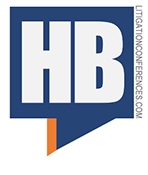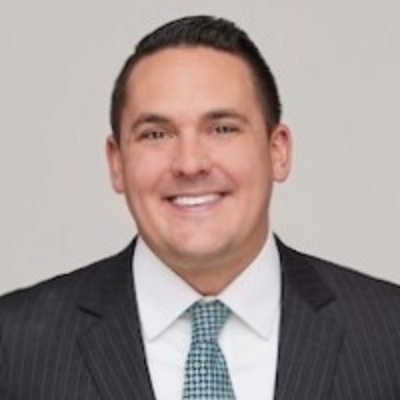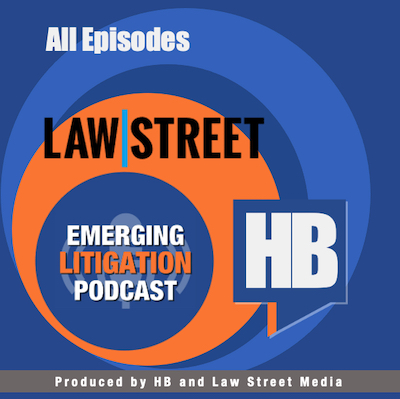The Authors
Artificial Intelligence Litigation Risks in the Employment Discrimination Context
AI is here to stay. Whether companies choose AI technology for any “employment decision,” companies must keep themselves up to date on any issued guidance and must actively monitor AI tools to prevent any possible discriminatory outputs.
Abstract:
AI, and generative AI in particular, took the employment world by storm in 2023, quickly becoming one of the most talked about and debated subjects among corporate counsel across the country. Companies will continue to use AI as a resource to enhance decision-making processes for the foreseeable future. As these processes are fine-tuned, those who seek to harness the power of AI must be aware of the risks associated with its use. This article analyzes two novel AI lawsuits and highlights recent governmental guidance related to AI use. As the impact of AI is still developing, companies should recognize the types of claims apt to be brought for use of AI screening tools in the employment context and the implications of possible discriminatory conduct stemming from these tools.




